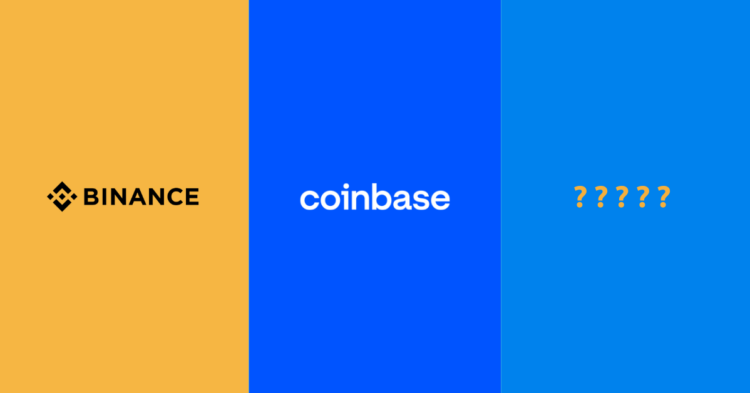Cambodia has recently undertaken a significant step to regulate its burgeoning cryptocurrency market by blocking access to 16 major cryptocurrency exchange websites. This list includes industry giants such as Binance, Coinbase, and OKX. While these websites are inaccessible, their corresponding apps still function, raising questions about the effectiveness of this regulatory action.
Understanding the Crackdown
The Cambodian government’s decision is driven by the need to combat its growing reputation as a hub for cybercrime and cryptocurrency-related scams. According to a report by the UN Office on Drugs & Crime, illicit groups exploit digital currencies in Cambodia for unlawful purposes, including money laundering and transactions on the dark web. Furthermore, a Chainalysis report shed light on over $49 billion in cryptocurrency transactions linked to Huione Guarantee, a significant player within the Huione Group, a Cambodian conglomerate.
Focus on Unlicensed Platforms
The Telecommunication Regulator of Cambodia (TRC) took decisive action on November 20 by blocking 102 websites, predominantly associated with online gambling. The inclusion of major cryptocurrency platforms like Binance caught many by surprise. The TRC clarified that these platforms lacked the necessary licenses from Cambodia’s Securities and Exchange Regulator (SERC). Interestingly, Binance has established partnerships in Cambodia, including a 2022 collaboration with SERC to aid in the development of crypto regulations. Additionally, Binance provided training to Interior Ministry officials on detecting crypto-related crimes in mid-2023. These actions have added layers of complexity to Cambodia’s ongoing relationship with Binance.
Navigating Limited Licensed Options
Currently, Cambodia’s “FinTech Regulatory Sandbox” program authorizes only two companies to operate digital asset businesses. However, even these licensed entities face limitations, as they are unable to convert digital assets into local or foreign currencies. This restriction significantly curtails their practical use and highlights the stringent regulatory environment.
Sustained Demand for Cryptocurrency
Despite the regulatory crackdown, the demand for cryptocurrency in Cambodia remains robust. The nation is recognized as a substantial player in the global crypto market, ranking among the top 20 countries for retail crypto usage on a per capita basis. Notably, centralized exchanges account for 70% of transaction activities. Chengyi Ong, Chainalysis’s head of Asia-Pacific policy, observed, “Broad-based restrictions often fail where organic demand and practical applications exist.” This sentiment indicates that Cambodia’s crypto market is likely to adapt and continue its growth trajectory, even under stricter regulations.
In conclusion, while Cambodia’s regulatory actions reflect a desire to control and monitor the cryptocurrency landscape, the persistent demand suggests that the market may evolve and find ways to thrive despite the new challenges.











